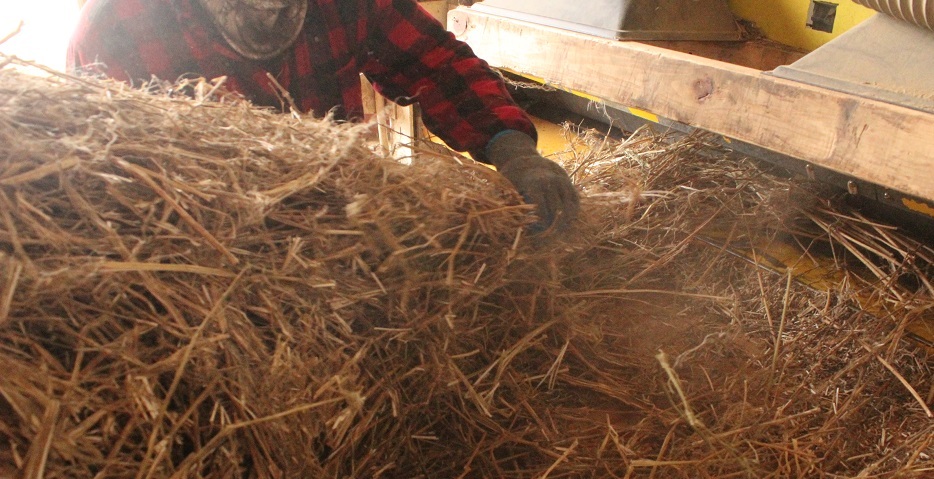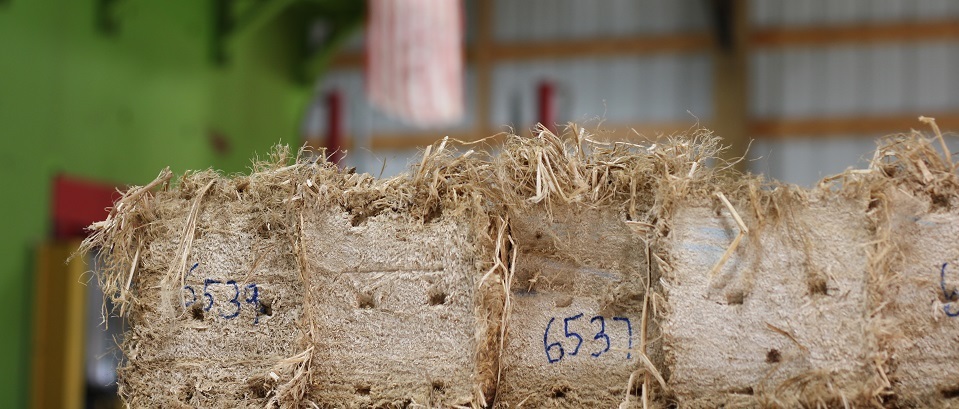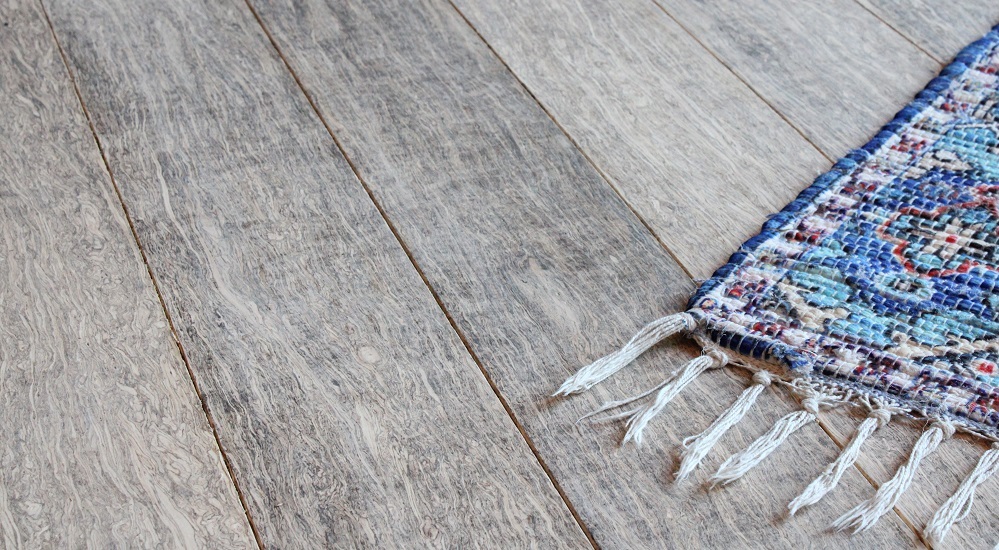There has been a great deal of reporting over the past two years on the “perfect storm” of factors currently hindering the global economy and supply chains, including in the construction and building industries. Those challenges, however, may benefit a currently niche part of the hemp sector – the fledgling hemp “lumber” business.
Challenges for Hardwood Lumber Create Opportunities for Hemp
Most residential building utilizes hardwood lumber, and lumber prices have been volatile for months now. Back in January, the National Association of Homebuilders noted that lumber prices had nearly tripled in the prior four months, causing the average price of a new single-family home to increase by more than $18,600.
On top of general supply chain disruptions stemming from the COVID-19 pandemic, the war in Ukraine has also impacted the building and construction industries. Russia is reportedly the world’s largest exporter of lumber and the seventh-largest exporter of forest products globally. Consequently, international sanctions against Russia following its late February invasion of Ukraine are expected to further impact the lumber sector. Business Insider recently reported that lumber prices fell 15% in January, but then jumped 55% since the start of February.
Earlier this month, meanwhile, Canfor, an international supplier of paper, wood pulp, and other “forest products,” announced it was reducing its operating schedules at its sawmills in western Canada, “due to the cumulative effects of the unprecedented global supply chain crisis that has been ongoing for several months.”
Hemp Lumber as a Disruptive Technology
The turbulent lumber market, along with the current shortages, are prompting the construction sector to look at so-called “engineered lumber” as alternatives to traditional building materials. In a recent article published in ArchitectMagazine.com, Blaine Brownell – an architect, materials researcher, and director of the school of architecture at the University of North Carolina at Charlotte – described hemp as the “next disruptive technology” in building structures, while specifically pointing out hemp lumber, flooring, cabinets, and frames.
However, like many other hemp products, hemp lumber still faces the public stigma associated with cannabis. “The number one question I get is, ‘what happens when it catches on fire? Will the firefighters get high?’” Greg Wilson, the owner of Kentucky-based HempWood, told Hemp Benchmarks.
Bringing Sustainability to the Building Industry
Wilson spent several years working with a variety of fibers and raw materials in Australia, China, and elsewhere before taking his research and deciding on HempWood. The company opened just before the 2018 Farm Bill legalized hemp nationally in the U.S. His product is a wood-composite made up of more than 80% hemp fiber that uses the entire hemp stalk, and then binds the ground-up hemp with soy protein.
Wilson said most of the hemp used by his company is grown within 60 miles of its facilities. “We grow the hemp, we process the hemp, and we sell the finished goods, so we’re 100% vertically integrated,” he pointed out. “In one of the company’s mills,” Wilson added, “we make the HempWood logs, which we cut into lumber, and then in mill number two we make the finished goods – which is the flooring, cabinetry, panels, tables.”
An important part of HempWood’s story and marketing is its sustainable practices and end product. On its website, the company says its mission is not only to provide a viable wood alternative, but to also help the environment “by removing the devastating effects of deforestation from the harvesting process,” which were recently highlighted in a New Republic report on the furniture giant Ikea’s connection to illegal logging in Europe. Meanwhile, according to HempWood, utilizing hemp will help introduce “a new cash crop to the farmers of the world, which will undoubtedly disrupt the $60+ billion dollar a year wood industry.”
Still Not Mainstream, But Making Inroads
According to Wilson, HempWood is being sold by around 30 retailers across the U.S. The company is also setting up a dealer network to represent their products to the retail flooring industry, mainly in Colorado, Florida, Texas, and along both the East and West coasts. In terms of price, Wilson said standard HempWood products are competitive with American White Oak flooring, one of the most popular flooring products in the country. HempWood also sells customized products directly to “high-end” customers in the corporate and business markets.
One of the biggest challenges for HempWood, Wilson said, is hemp’s association with cannabis. “Hemp products are still not mainstream, not universally accepted,” he noted. “Although everyone loves what we’re doing, the conversion-to-sale rate is significantly longer and a significantly lower percentage, because people are not comfortable with it yet.”
However, there are signs that the stigma is fading. Wilson said one of the personalities on HGTV, the home improvement and real estate cable channel, recently had HempWood installed in her home, and liked the results enough to publicize the hemp flooring on her show and to become a brand ambassador. “We gained a year’s worth of followers in a day,” Wilson noted, thanks to that connection.
Related Articles
- How Will the War in Ukraine Affect the Hemp Industry? (March 16, 2022)
- The Huge Potential of Hemp Plastic Compounds (January 12, 2022)
- What Obstacles Must the Hemp Fiber Industry Overcome to Develop and Expand? (October 20, 2021)
- Is Hemp Insulation a ‘Game-Changing’ Housing Technology? (September 22, 2021)





